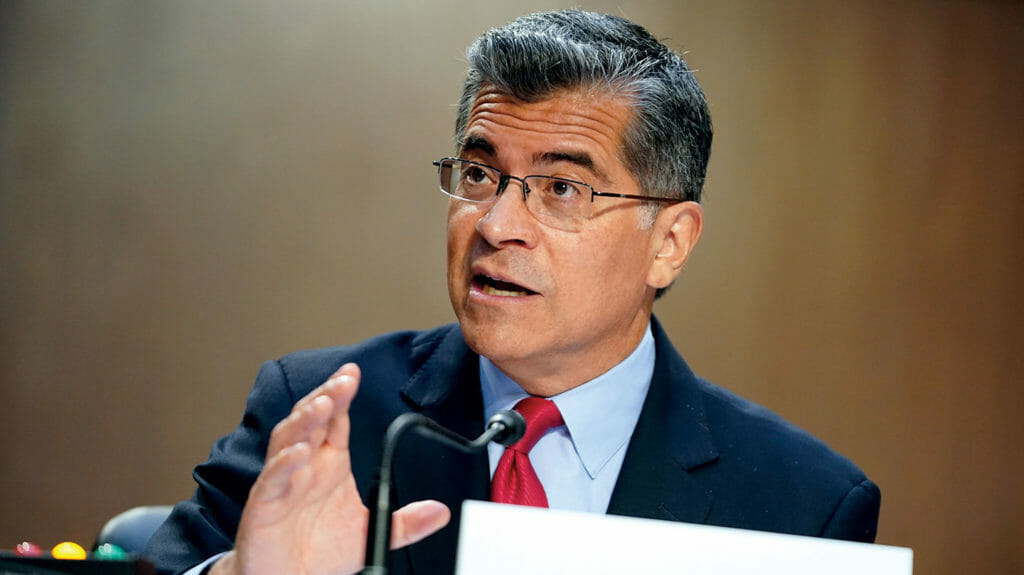

The temporary waiver for Medicare’s three-day stay requirement will continue at least into January after the COVID-19 public health crisis designation was extended by Health and Human Services Secretary Xavier Becerra this week.
The expiration date will now be in mid-January 2022 and means that COVID-19 regulatory waivers, such as the three-day day, telehealth flexibilities, and enhanced Federal Medical Assistance Percentages funding, will be around for at least another 90 days the American Health Care Association noted on Tuesday.
The relaxation of the three-day stay requirement has been one of the favorite waivers for providers during the pandemic. It allows the Centers for Medicare & Medicaid Services to provide temporary emergency coverage of SNF services — without a qualifying hospital stay — for people who need to be transferred as a result of COVID-19. For those who have exhausted their SNF benefits, the declaration also authorizes the renewed SNF coverage without first having to start a new benefit period.
“The three-day hospital stay rule causes too many seniors who need follow-up care in a skilled nursing facility to be shackled with out-of-pocket costs in the thousands because they do not qualify for Medicare coverage. For years we have advocated to eliminate this confusing and devastating policy barrier,” Mark Parkinson, AHCA president and CEO, previously said.
“The waiver of this requirement during the COVID-19 pandemic public health emergency has benefited thousands of Medicare beneficiaries and demonstrated that eliminating this policy can work. Now it is time this issue was fixed permanently,” he added.
Lawmakers also have targeted the regulation in recent months by reintroducing a proposal petitioning to count observation stays toward the three-day stay requirement. They argued that under the “outdated” Medicare policy hospitals are “increasingly holding patients under observation status.”
In addition to the so-called 1135 waivers, CMS on Wednesday also extended a waiver giving providers more time to comply with fire safety standards adopted prior to the pandemic. Since mid-2016, nursing homes have been required to meet standards included in the 2012 Life Safety Code and the 2012 Health Care Facilities Code, or use the National Fire Protection Association’s 2013 Fire Safety Evaluation System (FSES) as an alternative.
In a memo sent to state survey agencies, CMS officials said providers using FSES and operating under a time-limited waiver to correct certain deficiencies will have an additional two years to comply. The deadline is now Nov. 1, 2023.





